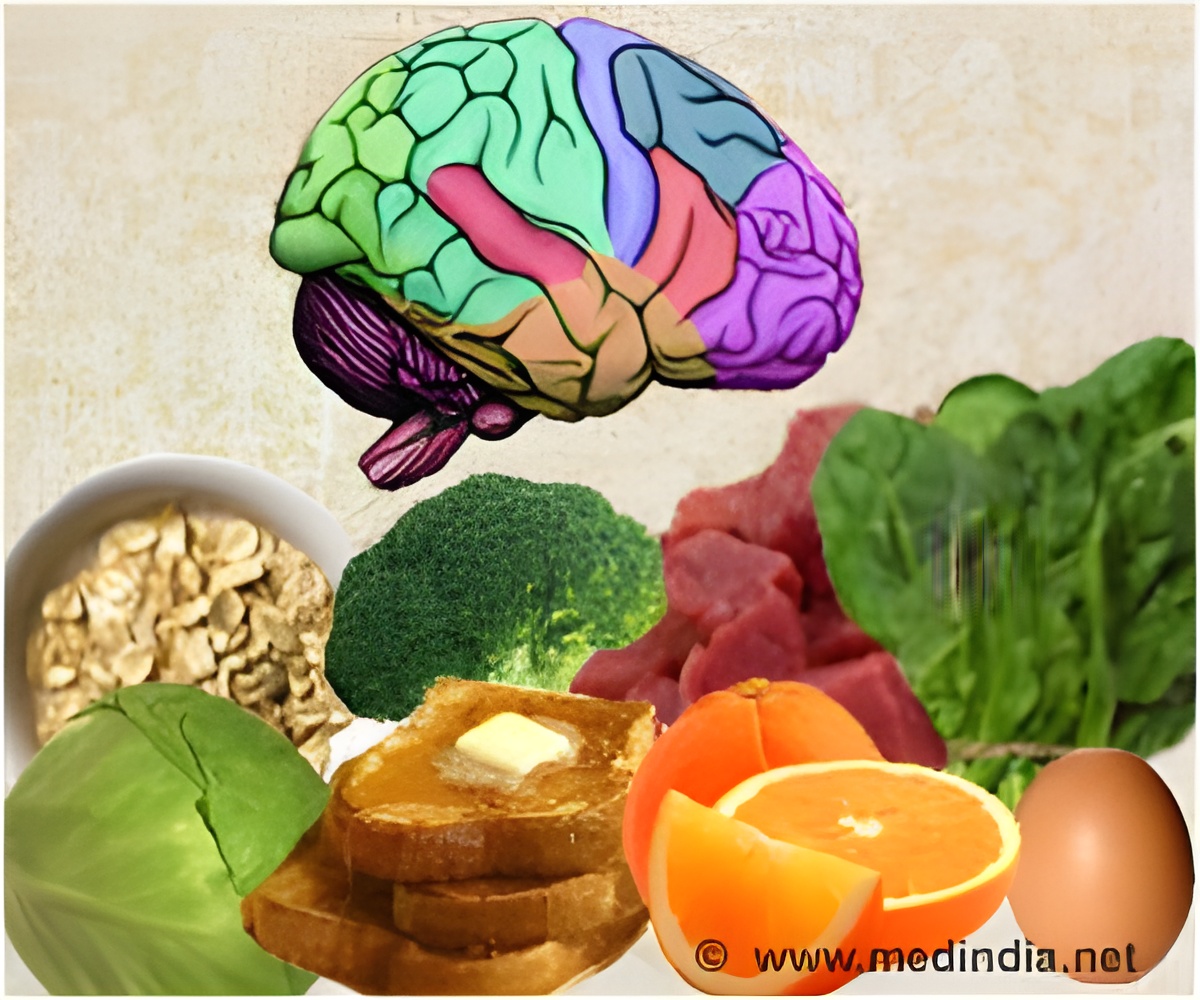Blood concentrations of vitamin B9 (folate) may function as a biomarker used to modify the risks of dementia and mortality in old age.

‘The rate of dementia was almost 3.5% and of death from any cause just under 8% among those with folate deficiency.’





But the few studies that have looked at this have included small numbers of participants and produced mixed results.It’s been difficult to rule out reverse causation, whereby folate deficiency could be a consequence of pre-clinical dementia rather than its cause.
To see if serum folate deficiency might be linked to the risks of incident dementia and death from any cause in a large national sample of older adults, and to include the potential role of reverse causation.
Researchers drew on the medical records of 27,188 people served by one national healthcare provider in Israel. All the participants were aged between 60 and 75 and had had no pre-existing dementia for at least 10 years before blood folate checks began in 2013.
Their records were monitored for a diagnosis of dementia or death up to the end of 2017.
Advertisement
Among those who were folate deficient, the incidence of dementia was estimated at 7.96 per 10,000 person-years, while death from any cause was estimated at 19.20 per 10,000 person-years.
Advertisement
After accounting for potentially influential factors, including co-existing diabetes, depression, cognitive decline, vitamin B12 deficiency, smoking, and the use of folic acid supplements, the folate-deficient were 68% more likely to be diagnosed with dementia and nearly 3 times as likely to die from any cause.
Further analyses didn’t significantly weaken the observed associations, but when stratified by length of the monitoring period, reverse causation couldn’t be ruled out.
But folate deficiency might affect homocysteine levels and therefore the vascular risk of dementia, and/or compromise DNA repair of neurons, making them vulnerable to oxidative damage, which in turn might speed up brain cell aging and damage.
The implications for public health policy appear to be to reliably monitor serum concentrations of folate in older adults and treat deficiency for preventative measures and/or as part of implemented therapeutic strategies while regularly reviewing patients’ clinical outcomes.
Source-Medindia














